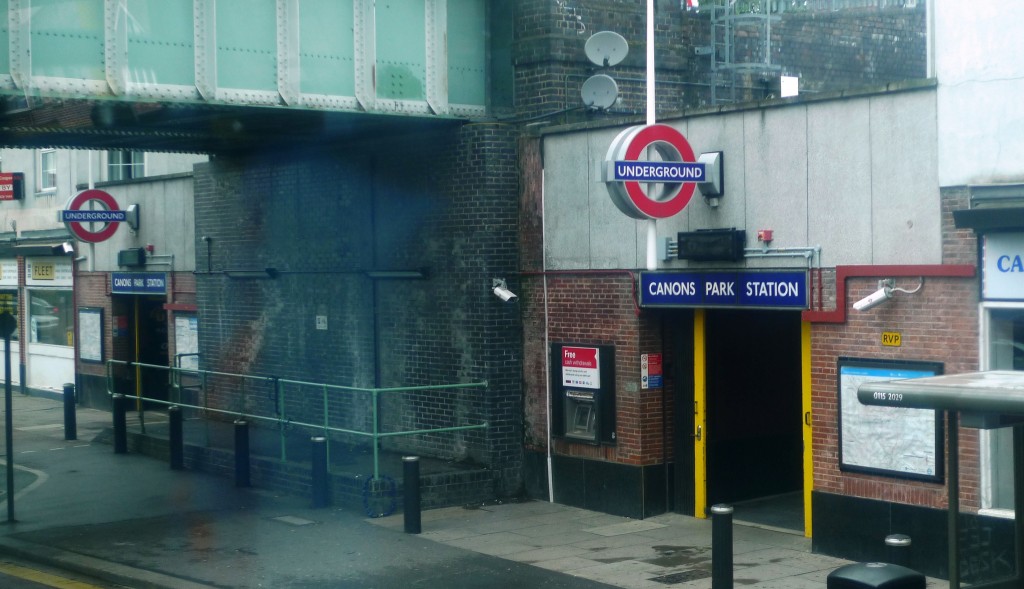Max Daly has been working as a journalist for twenty years, during which he has made a name for himself as the UK’s top ‘drug journalist’ – or ‘Narcomania‘, the pseudonym he signs his VICE columns with. It’s safe to say he knows his stuff; over the course of our chat, he discusses working at the Big Issue, being asked for advice by Nick Clegg and chatting about DMT with his hairdresser. In an attempt to trace a history of publications – journalistic and non – by and for drug users, I met Daly to chat about what he’s seen and learned during two decades of work.
Daly started off with the Big Issue in 1997, when “it had a big name for independent campaigning journalism.” Working at a publication that aims to work for homeless people also taught Daly to work with them: he wrote the weekly column Street Diary, which consisted of him interviewing one of the Big Issue sellers about their lives.
“I chatted to them for two hours each time and I think that was really important for the journalism I ended up doing, because I learned about the people behind the stories. It taught me about the value of getting down with the stuff you’re talking about.”
On one level, the sellers gave him stories – tales from the streets of London, customs and trends that don’t make it into reports until months after they first appeared – but they also gave Daly an insight into the language and the dynamics of the sellers’ world.
As a relationship of trust developed between Daly and the sellers, they started giving him stories. By his own admission, the experience shaped his future work. Today, he speaks fondly of his Big Issue days: “They’ve influenced the way I’ve done journalism since.” Indeed: the mantra “nothing about us without us” has remained at the core of Daly’s work.
The problem of the mainstream media
But not all journalists have complied with the request. All too often, the human interest stories have been wiped out by data, while politics and the media have contributed to dehumanising the people behind the numbers. During our chat, Daly and I went through some of the crime stories that have recently made the headlines in the UK; many of the perpetrators have become fodder for tabloids, their bleak upbringings and communities conveniently left out of the picture.
Daly recognised the lack of proper media coverage, admitting it has been a problem for a long time. During his time at Druglink (the charity DrugScope’s publication), Daly tried to break down some of the barriers that prevented drug stories from making it into mainstream media: “Druglink used to be quite academic… The reason they got me was to add a bit of actual journalism: so that’s what I did – I turned it into something accessible. Every issue had scoops that got DrugScope mentioned in the national press. It was a way of getting drugs issues discussed, but under our terms.” Sometimes it worked, sometimes it didn’t: papers would often twist the stories to fit their own agendas.
Indeed, Daly thinks all our troubles in understanding the drug-affected community and reforming our drug policies lead back to one culprit: the media.
“It is the reason why the UK is so slow on drug reform,” he says. Daly mentions the findings of ex-BBC Home Affairs correspondent Jon Silverman, who did extensive research into the impact of media on policy-making and denounced the UK government’s approach to drug reform.
Silverman commented that “under New Labour, there was no area of public policy that reflected the imprint of media influence more vividly than the issue of drugs,” and with the government remaining firmly “in thrall to the views of The Daily Mail and The Sun.”
Daly’s solution to the issue is frustratingly simple: “Given the media’s pivotal role in this process,” he says, “it’s going to take a generational change. There’s no way that a newspaper will be able to tell a teenager in 20 years’ time that cannabis is more addictive than heroin. So, for now, we wait.”
Until then, of course, there’s VICE, which Daly freelances for, and whose take on drug culture has enraged and scandalised many. VICE’s pieces cater to the community of recreational drug users; the publication has been criticised in the past for glamourising drug use, but Daly doesn’t think it justified. “Information is good. VICE doesn’t say, ‘go out take drugs, it’s brilliant’… it accepts that young people will always use drugs, often recreationally, so we might as well address it.”
Safe spaces for families, by families
A category of remarkable drug-related websites has flourished in recent years: those that offer an open space to the families and friends of drug users.
Adfam or The Fix are good examples. Adfam was founded in 1984 by the parent of a heroin addict who could not find the support needed. FOA’s (Families Of Addicts) motto is: “One helping another, to help another, through support, friendship and education.”
These patterns – mutual help and understanding; taking the situation in your own hands – are common in the sphere of drug use. Websites such as Adfam and FOA have proved to be not only important, but also necessary: through them, drug-addled communities can help themselves in the non-judgmental, non-discriminatory space that mainstream platforms have been unable to provide them with.
The open forums are heartbreaking, full of stories of guilt and disappointment. The replies are compassionate: “Hi, I know you feel as helpless as I do about my daughter… I hope your sister will listen to someone and accept help, but until then stay strong and hope.”
The importance of these virtual safe spaces should not be underestimated. They allow those affected to share, vent, discuss, and to feel less alone. Ultimately, they provide solace through companionship in a community that shares the same language – a language that has developed over the years spent in hospitals and rehabs; a language of despair, pain, bargaining, anger, hope.
These notions all feed into the idea that anyone looking to understand the world of drug users has to have inside knowledge. In turn, the phenomenon exposes the many barriers have been erected between ‘sober society’ and the drug-affected community. For too long drug users have been treated as ‘the other’, and for too long have families and friends has to deal with taxing issues on their own.
The future of self-help magazines
But what about users themselves? Because so many of the print magazines giving out drug advice have gone out of business, or have moved online for convenience’s sake, there is no way of making sure the advice they distribute is effective in reaching those in need.
As Daly says, a very high percentage of the drug users probably do not have regular access to the internet – they failed to pay their bills so it got cut off, or their computer breaks and fixing it is not a priority. Therefore, many might never come across the free, hands-on advice that used to be dispensed through freesheet magazines such as Black Poppy on the streets of the world’s capitals.
“What would be really useful is a magazine that could be distributed at shelters, tube stations, needle exchanges…” We throw ideas around: free, graphic, unfiltered advice, help to the families, tips on hygiene and mental help, and not a single mention of the word ‘junkie’. Daly wonders whether it would get banned. It would be lambasted no end, but no, it probably wouldn’t be banned.
Effective distribution, non-judgmental advice and unconditional support coming together at last: could this be the next frontier of drug magazines? Daly thinks for a second, then grins and says: “Yeah, I can see it. There’s something there.”
Laura Gozzi is one of our regular writers. Tweets @lauragzzi
Read the first instalment of our series on drug magazines past and present, A Rich Heritage: Part I




